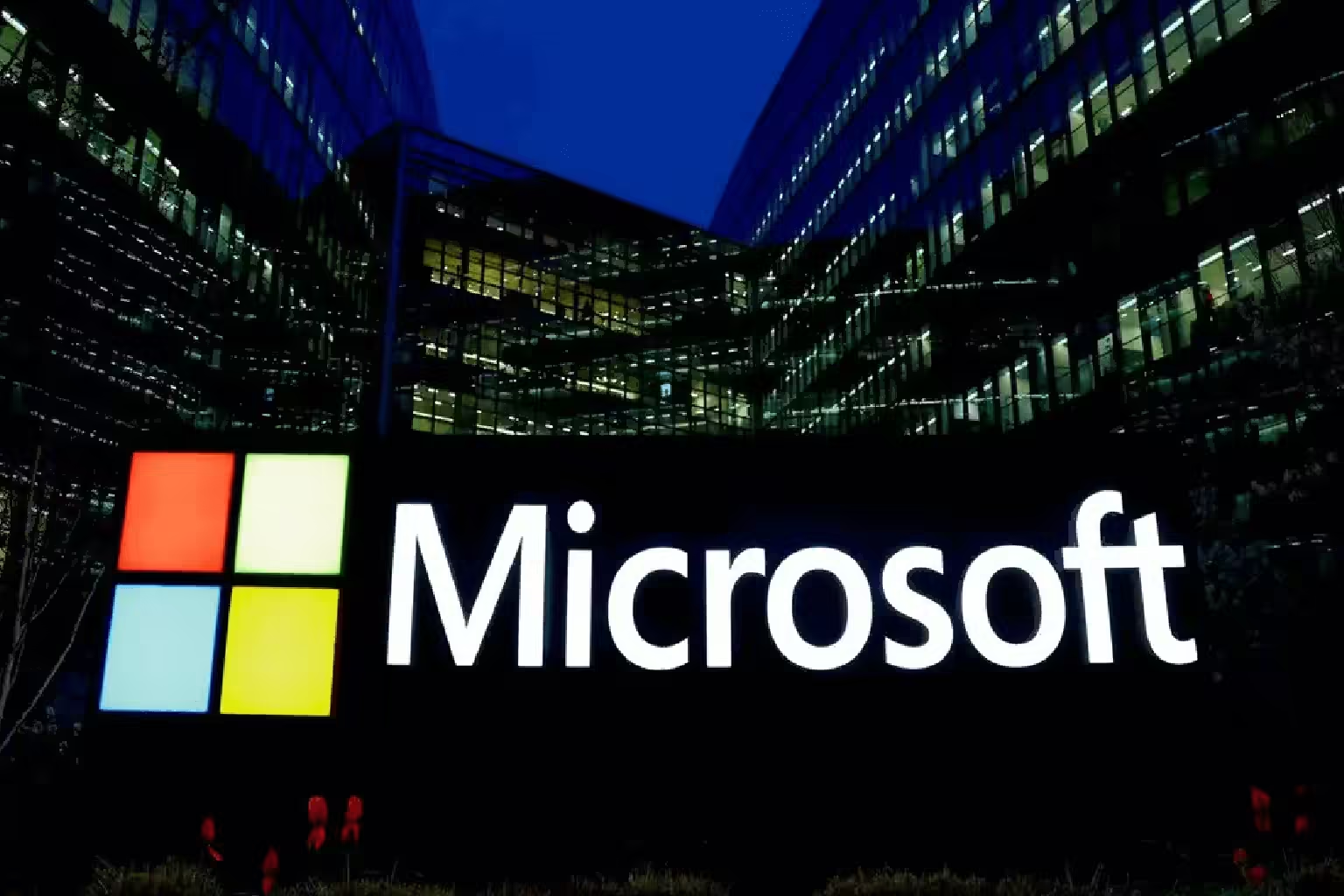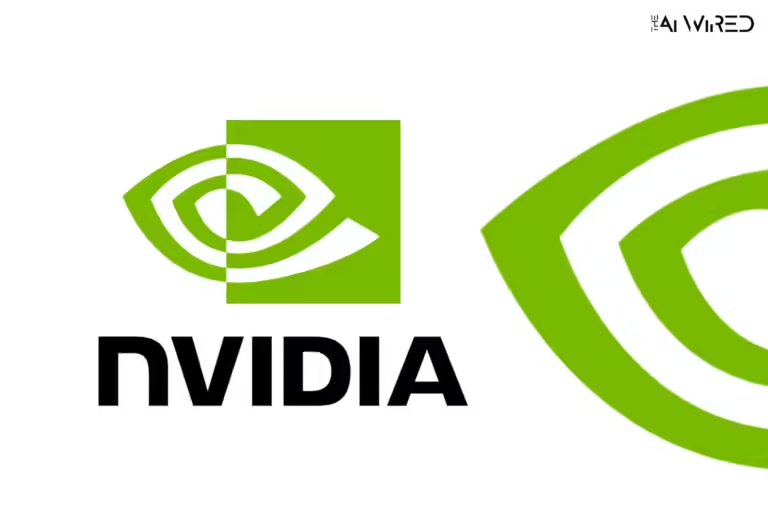
Microsoft’s Slowest Revenue Growth in a Year Raises AI Demand Concerns
Microsoft is likely to report its slowest quarterly revenue growth in a year. This makes investors worry about the demand for AI and the return on big investments in the technology.
On Wednesday, Microsoft is likely to report its slowest quarterly revenue growth in a year. Simultaneously, investors are seeking indications of AI demand due to growing concerns about the slow return on large investments in the technology.
Many people think that the software giant is in the lead when it comes to making money off of generative AI. This is partly due to its investment in OpenAI, the company that owns ChatGPT.
However, recent reports suggest that its key products, such as the $30-per-month Copilot assistant for businesses, aren’t receiving as much use as they could.
Morgan Stanley analysts said that Microsoft’s earnings are fraught with “a wall of worry” because of “ramping capital expenditures, margin compression, lack of evidence on AI returns, and messiness post-a financial restructuring.”
In August, the company modified its reporting methods to better align with its operational procedures. These are the first results since then. However, this change has made it more difficult to estimate the performance of the previous quarter.
Since it last reported earnings at the end of July, the company’s stock has only gone up about 1%, which is much less than the S&P 500. The stock is up about 14% for the year, though.
Visible Alpha polled seven analysts and found that Microsoft’s Azure cloud computing unit likely grew 33% in the company’s fiscal first quarter, which ended on September 30.
This growth rate aligns with the company’s expectations, albeit slightly lower than that of the fourth quarter.
Even though AI has become more important to Azure (it was responsible for 11% of growth in the fourth quarter), the business as a whole has slowed down. The company said in July that Azure growth would pick up in the second half of the fiscal year.
LSEG polled analysts and found that Microsoft’s sales will have grown 14.1% to $64.51 billion in the September quarter. Like its AI competitors, Microsoft has said that it will continue to spend a lot of money on AI.
Visible Alpha says that capital spending will have jumped 71.7% to $19.23 billion in the September quarter. Copilot hasn’t taken off like Microsoft thought it would.
The research firm Gartner released a survey of 152 IT companies in August, and the majority of them had not advanced their Copilot projects beyond the pilot stage.
Analysts See Potential in Microsoft’s Copilot
However, some analysts think that Microsoft’s recent moves, such as the ability to use Copilot to make autonomous AI agents that can do simple tasks without any help from a person, could make more people use the assistant.
“Most investors don’t seem keen on 365 Copilot adoption because they don’t use it themselves,” said Ben Reitzes, an analyst at Melius Research. “On the other hand, it looks like Copilot data points are getting a little better,” he said, adding that the assistant “boasts an increasingly better customer list.”
According to LSEG, Mark Moerdler of Bernstein, one of the company’s top analysts, predicts stable growth of 12% in Microsoft’s productivity and business processes unit, home to Office products, LinkedIn, and 365 Copilot, from one quarter to the next.
Moerdler thought that revenue at intelligent cloud, which is home to Azure, likely went up by 20%, which was the same rate as the previous quarter. Growth likely sped up in the personal computing unit, which includes Windows and games, as the PC market became more stable.


